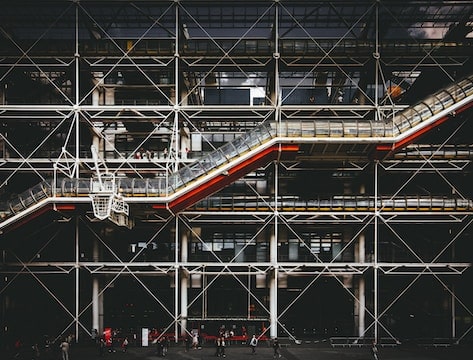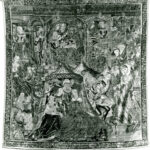Georges Pompidou, whose full name was Georges Jean Raymond Pompidou, was a prominent French politician and statesman who served as the President of France from 1969 until his death in 1974. Born on July 5, 1911, in Montboudif, France, Pompidou played a significant role in shaping French politics during the latter half of the 20th century. This biography aims to provide a detailed account of his life, career, and contributions.
Early Life and Education
Georges Pompidou was born into a middle-class family in the small village of Montboudif, located in the central part of France. His father, Louis Pompidou, was a schoolteacher, and his mother, Marguerite Dumont, came from a farming background. Pompidou showed great academic prowess from an early age and was encouraged by his parents to pursue higher education.
In 1931, Pompidou moved to Paris to study at the prestigious Lycée Louis-le-Grand. There, he excelled in his studies and developed a keen interest in literature, art, and philosophy. He was particularly influenced by the works of philosophers such as Henri Bergson and Maurice Merleau-Ponty.
Career in Education and Politics
After completing his secondary education, Pompidou entered the École Normale Supérieure (ENS) in 1931, where he studied literature and philosophy. During his time at ENS, he met several influential figures who would later shape his political career, including future French President Paul Ricœur.
Pompidou graduated from ENS in 1934 and embarked on a career in education. He taught literature at various secondary schools and became a professor at the University of Paris in 1938. However, his teaching career was interrupted by World War II when he served as a liaison officer in the French army.
Following the war, Pompidou returned to academia and became a lecturer at the École Libre des Sciences Politiques. He also pursued his interest in economics and eventually became the director of the National Economic Council in 1959.
Political Ascendancy and Presidency
Pompidou’s entry into politics came in 1962 when he was appointed as Prime Minister by President Charles de Gaulle. As Prime Minister, he focused on economic reforms, modernization, and social development. His tenure witnessed the implementation of several key initiatives, including the decentralization of France’s administrative structure and the creation of regional development agencies.
In 1969, Pompidou was elected as the President of France, succeeding Charles de Gaulle. His presidency was marked by a continuation of the economic and social reforms he had initiated during his time as Prime Minister. Pompidou pursued policies aimed at stimulating economic growth, improving infrastructure, and promoting technological advancement.
Throughout his presidency, Pompidou played a crucial role in strengthening France’s position on the international stage. He fostered closer ties with European nations, particularly through the establishment of the European Council, and pursued a policy of détente with the Soviet Union and other communist countries.
Legacy and Impact
Georges Pompidou’s presidency was cut short when he succumbed to cancer on April 2, 1974. He left behind a significant legacy in French politics and governance. His emphasis on economic development and modernization laid the foundation for France’s subsequent prosperity.
Pompidou’s commitment to cultural advancement also left an indelible mark. During his presidency, he initiated the construction of the Centre Georges Pompidou in Paris, a renowned cultural institution that houses the National Museum of Modern Art. The center, known for its distinctive architectural style, stands as a testament to Pompidou’s vision and appreciation of art.
Sources
1. Georges Pompidou – Biography.com







